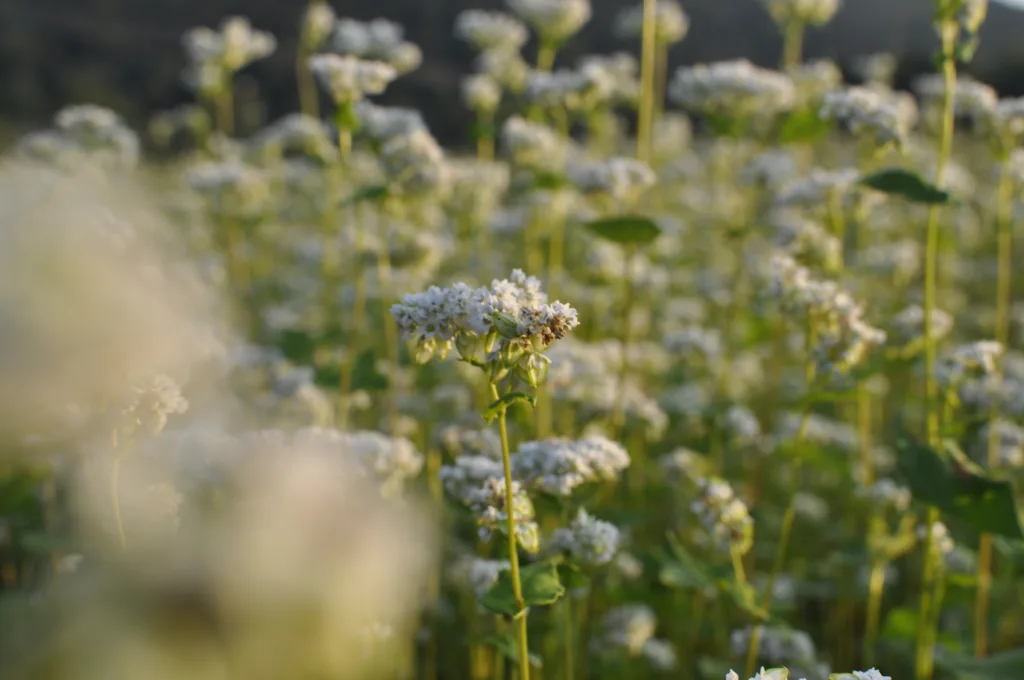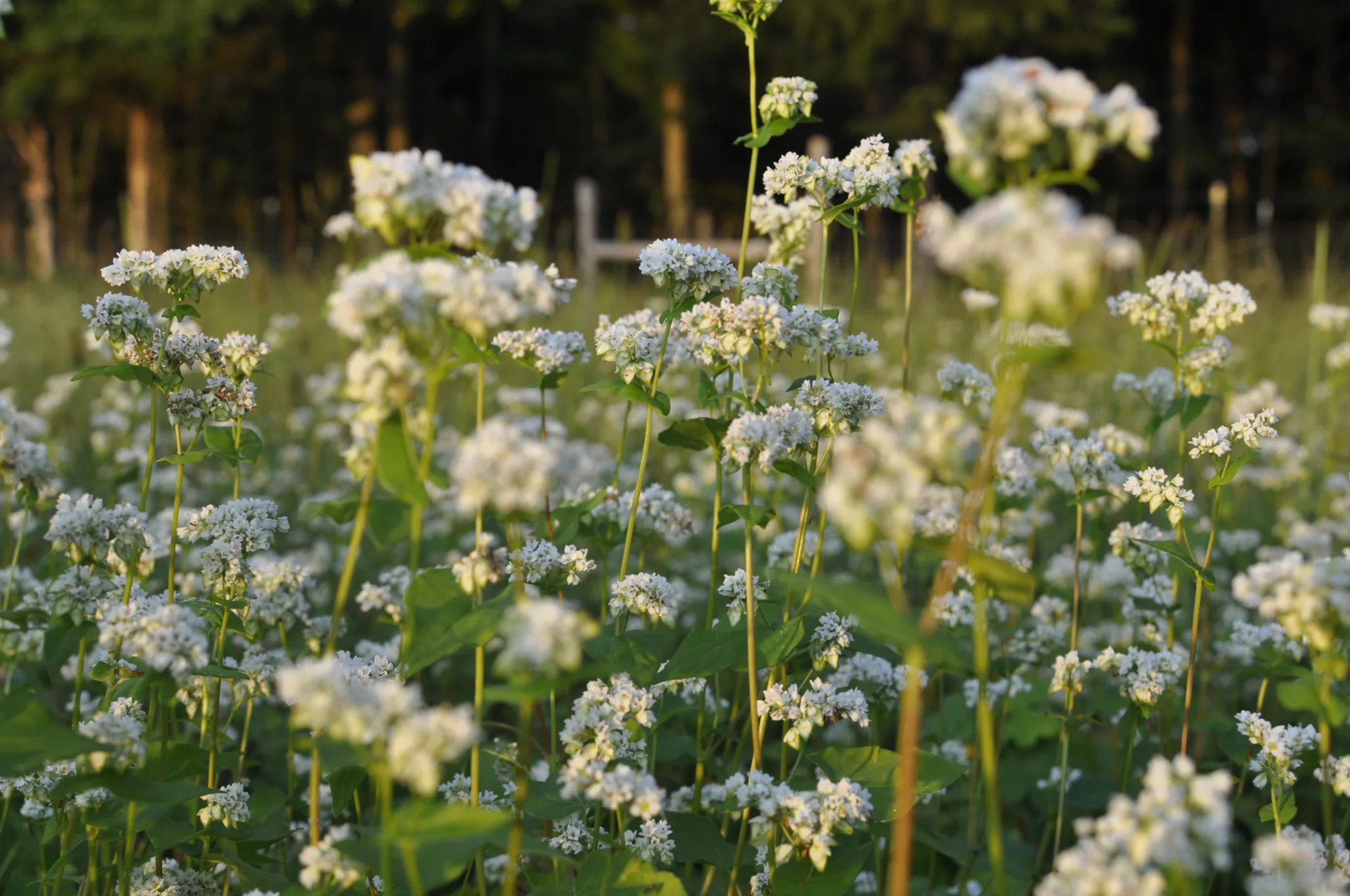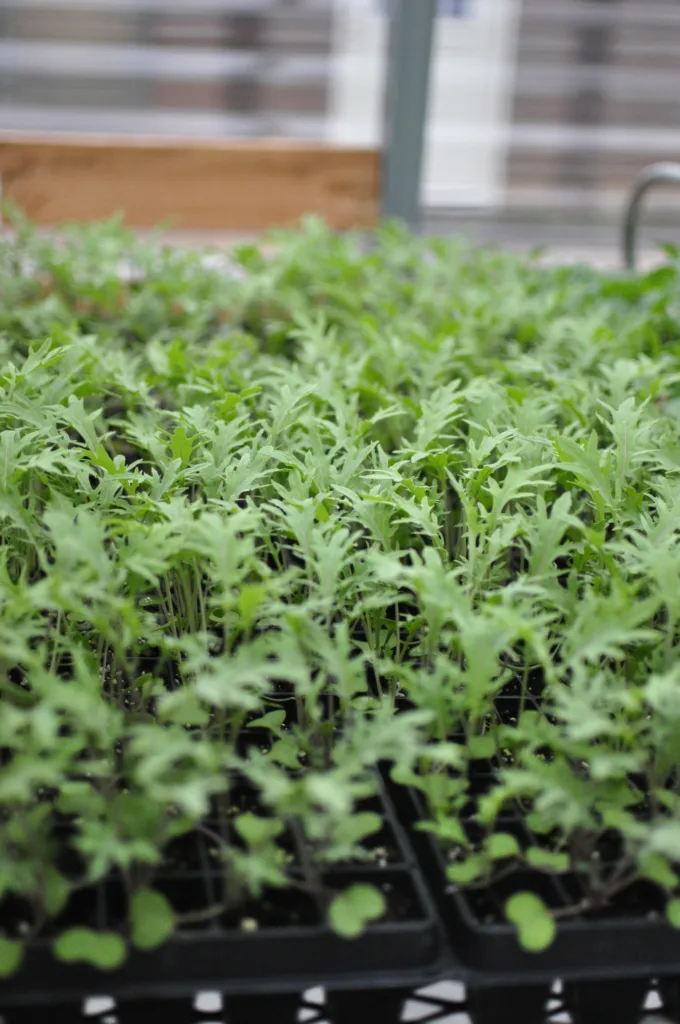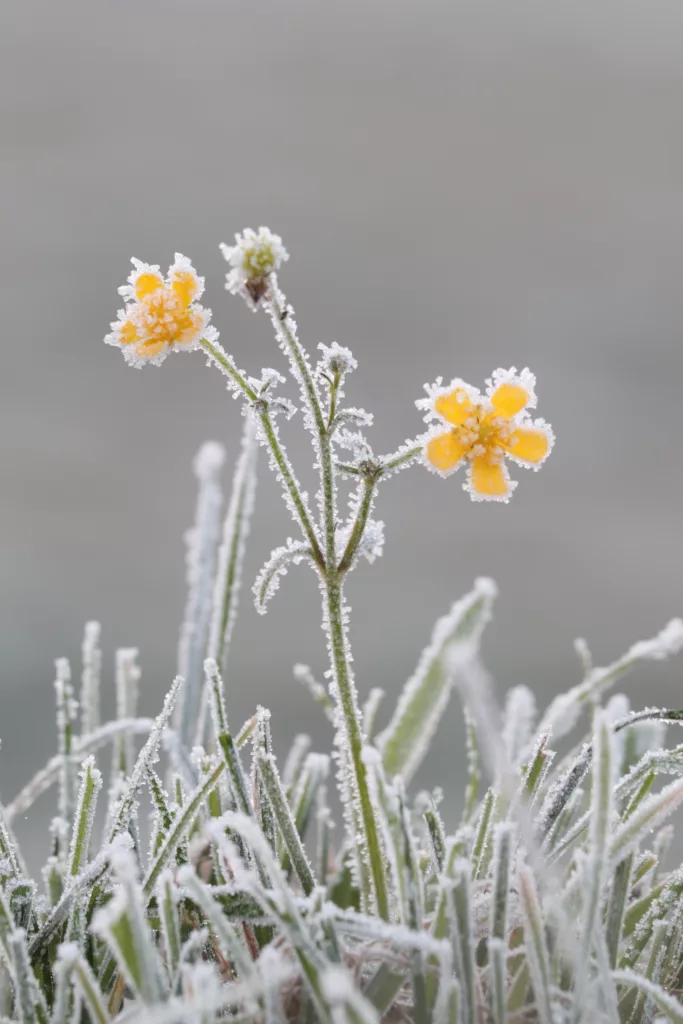
Cover Crops are really fun to grow. They are planted, not to harvest, but to build and protect the soil. These plants accomplish this by adding organic material (carbon) to the soil, aerating the soil with their roots, “fixing” nitrogen in the soil (legumes), and sheltering the soil from rain and wind. Not all cover crops perform all of these functions and depending on your needs, you may choose different crops for different purposes. Cover crops are planted periodically to give the soil a rest. They can also be planted during seasons where you choose to not grow a garden. The fall/winter garden is my favorite, but many people do not grow a garden during these seasons. For them, growing a cover crop would be an easy way to protect and build their soil over the winter in preparation for their spring garden.
An important note to remember if you plant a cover crop in your garden – These crops are cut and left in the garden to decompose. This provides valuable organic matter to the soil that will feed microbes and build the nutrient capacity of your soil. However, it is vital that these crops are cut before they go to seed. This will ensure the cover crops don’t sprout up in your garden during the following season.
Below are a few popular cover crops and the benefits they provide.
Warm Season Cover Crops
Cow Peas
- Nitrogen Fixing
- Provides good biomass
- Long tap root helps aerate and loosen soil
- Good pollinator plant
Sunn Hemp
- Nitrogen Fixing
- Provides great biomass
- Grows well in poor soils
- Fights nematodes
Buckwheat
- Quick emergence for weed suppression
- Great pollinator plant
- Provides good biomass
- Fibrous root system
- Not as drought tolerant as others
Cool Season Cover Crops
Red Clover
- Nitrogen Fixing
- Good Pollinator Plant
- Provides good biomass
Vetch
- Nitrogen Fixing
- Good Pollinator Plant
- Provides good biomass
Oats
- Quick Emergence for weed suppression
- Provides excellent biomass
- Can help with nematode control
Cereal Rye
- Quick Emergence for weed suppression
- Germinates in colder soil temperatures for a late planting
- Provides great biomass
- Extensive root system


